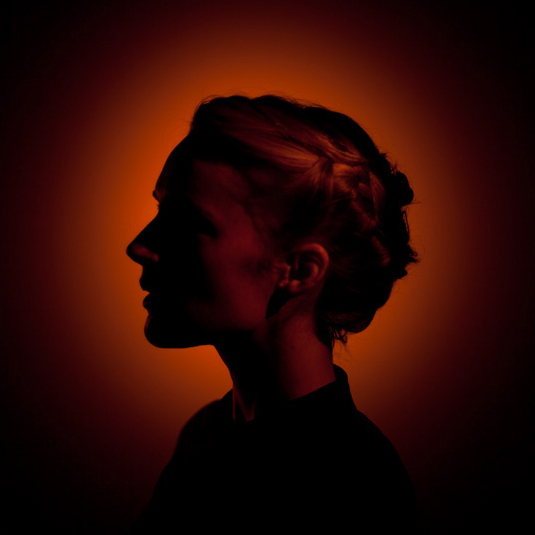On 2010’s Philharmonics, Danish pianist Agnes Obel infused her songs with a deep and resonant melancholy. Sparse, somber and filled with gently beguiling melodies, it was an unexpected hit in her native Denmark (as well as in France, Belgium and her adopted home of Germany), and one that provides a decent idea of what to expect from this, her second.
Like her debut album, Aventine opens with a short instrumental. ‘Chord Left’ sets the scene, and a fine introduction it is, too, minor chords ringing out like question marks as a plaintive, pretty lead shape dances atop them. ‘Fuel To Fire’ follows, and immediately points towards the larger scale and increased confidence on display. Obel’s voice, a soft, velvet thing, is more expressive, more assured, and while the backing on her first album could be brittle and skittish, here it is fleshed out by rich strings and percussion.
The whole record is soft and slow; it is sad, for sure, but never despondent. Rather, the mood created is exquisite, and caught at the right time, captivating. It is emphatically not an album for all moods and seasons; its languid, contemplative pace befits early hours, solitary listening, but it befits them perfectly. ‘Run Cried The Crawling’ closes out the first side of the album (‘Tokka’, one of three instrumental passages, marks the start of its back end), and Obel’s delivery has never been quite as affecting. "I’m alright here in your arms, darling," she insists over its outro, an admission she packs with sentiment. She modifies the adverb, just once, to "only in your arms," implying that it isn’t quite the simple romantic declaration it could be perceived, either.
‘The Curse’ is Aventine‘s biggest, boldest moment, a song which builds from metronomic plucked strings to a stirring finale, wherein Obel sketches out a vague curse upon a land which might (or might not) be a "blessing in disguise." The lyrics throughout are for the most part unusual; a series of images encompassing fevers, curses, wintry landscapes and a sense that things are just a little off-kilter. The aforementioned line from ‘Run Cried The Crawling’ is something of an anomaly, then, as is the forthright nature of ‘Words Are Dead’, in which Obel puts forth that it is our actions we should place stock in, not our words (a simple notion that I think many would agree, can be surprisingly hard to follow). She effectively takes on the part of the ‘words’ she sings of as the song starts to wind down – a strange turn, but then these are often strange songs – and her pleading tone is once more bracing and direct.
It is at moments like these that Aventine excels, when the inherent oddness to Obel’s music is matched with sweeping drama; a feeling that there are things at stake, and that these things are important, and very much so. This drama, mind, is never cloying nor strained, while the more subtle likes of ‘Smoke & Mirrors’ – a woozy, sonorous closer – offer ample evidence that Obel remains every bit as fascinating pared back as she is amid more ambitious arrangements.
Ultimately, Aventine is a triumph of carefully sustained mood; of a sadness that is not so much overbearing as it beautiful, and one that lingers in the silences between listens of this unusual, unusually compelling record.


